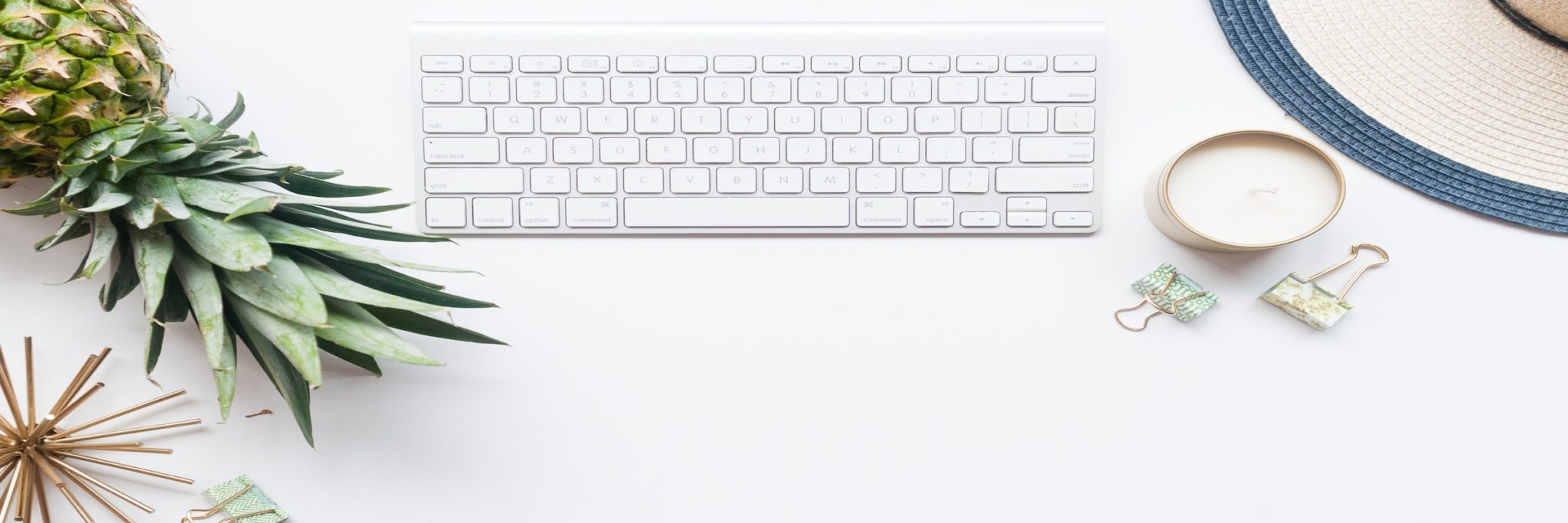“Gummy Vitamins Are Just Candy.” That was a January 22, 2024, headline in the Atlantic. I’ve wanted to write an article about nutritional supplements for a long time. That headline was the motivation I needed.
Here’s the bottom line: Most supplements are a waste of money.
Lack of credible research — i.e. PROOF
Research on essential vitamins, minerals, antioxidants, amino acids, and other nutrients our bodies need for optimal health is voluminous. But peer-reviewed studies published in medical or scholarly journals that look at the effectiveness of a specific supplement brand are nearly impossible to find. Researchers study the nutrient itself; not the manufactured product available over the counter for consumers.
OTC supplements are not regulated by the FDA, which is both good and bad. On the plus side, nonregulation keeps production costs down, making most supplements relatively affordable. But the tradeoff is that it’s extremely difficult to determine if a product does what it says it does.
It’s just marketing, and marketing “facts” are not necessarily true
Few supplement manufacturers conduct independent, third-party studies of their products. The health claims they make are born in their marketing departments. In the US, it’s not illegal to lie. Supplements can make outrageous claims, because every single one of them comes with a disclaimer: “These statements have not been evaluated by the Food and Drug Administration. This product is not intended to diagnose, treat, cure, or prevent any disease.”
Further, even if a supplement is theoretically effective, other factors impact what the body does with it. Certain nutrients need to be combined with other substances — curcumin (turmeric) needs black pepper, for example — to trigger absorption and effectiveness. Certain supplements should never be taken together because one will negate the other, at best, or cause dangerous side effects, at worst.
Some supplements that may be effective if they are absorbed into our bloodstream never get that chance because stomach acid destroys them before absorption takes place.
Many multi-nutrient supplements contain huge amounts of one ingredient, usually an inexpensive B vitamin, while containing a fraction of what would be considered an effective dose for other nutrients — for example, adaptogen herbs. The big red flag for this shyster move is the labeling. When a supplement claims it contains “a proprietary blend” of a bunch of herbs that could be effective in the right dose, it is saying that the quantity of those ingredients contained in this formula is so infinitesimally small that it renders them useless.
Heat destroys some supplements. Those packaged in plastic absorb microplastics and the packaging ends up in landfill where both plastic and unused supplements leach into soil and groundwater.
Most physicians agree food is the best source of nutrition. A healthy diet that includes a wide variety of vegetables and fruits will offer most people all essential vitamins and minerals. The one exception may be for people who are fully vegan. But there is a delicious food item — nutritional yeast — vegans can add to oatmeal, salads, pasta, rice, or just about anything else. Two tablespoons of nutritional yeast provide huge quantities of B vitamins, including B12.
That said, treatment for some medical conditions does require supplementation. If your physician, physician’s assistant, or nurse practitioner prescribes supplements for you, ask them to recommend a brand that has conducted independent, third-party verification of the efficacy of its formulations. As with many other products, there may be little correlation between a product’s price and its effectiveness.
Dr. Google does not have a medical degree
If you’ve read or heard you need to take a vitamin D3 supplement, here’s another fact. D3 is a hormone, not a vitamin. You should not self-prescribe hormones. Ask your health care provider if you need a D3 supplement and for the exact dose you should take.
My next article outlines food sources for a range of antioxidants that address several health conditions, including heart disease, cancer, physical signs of aging, and cognitive decline. I’ll direct you to the yummiest foods you can eat to feel and look your best.
Future articles will discuss herbs and herbal supplements. Herbs and spices are considered food and just like with any food, too little does nothing and too much can be harmful. We will also discuss the placebo effect.
Please share your thoughts on supplementation in the comments. Do you take supplements? Why? What, if any, are the measurable benefits you get from your supplements? Finally, is there a brand of supplements you trust because of their manufacturing and transparency practices? Please share.
Sources:
Harvard Health Publishing, Matthew Solan, 1 April 2022
Journal of the American Medical Association (JAMA), Peter Lurie, MD, MPH, 17 July 2023
The Atlantic, Jacob Stern, 22 January 2024



